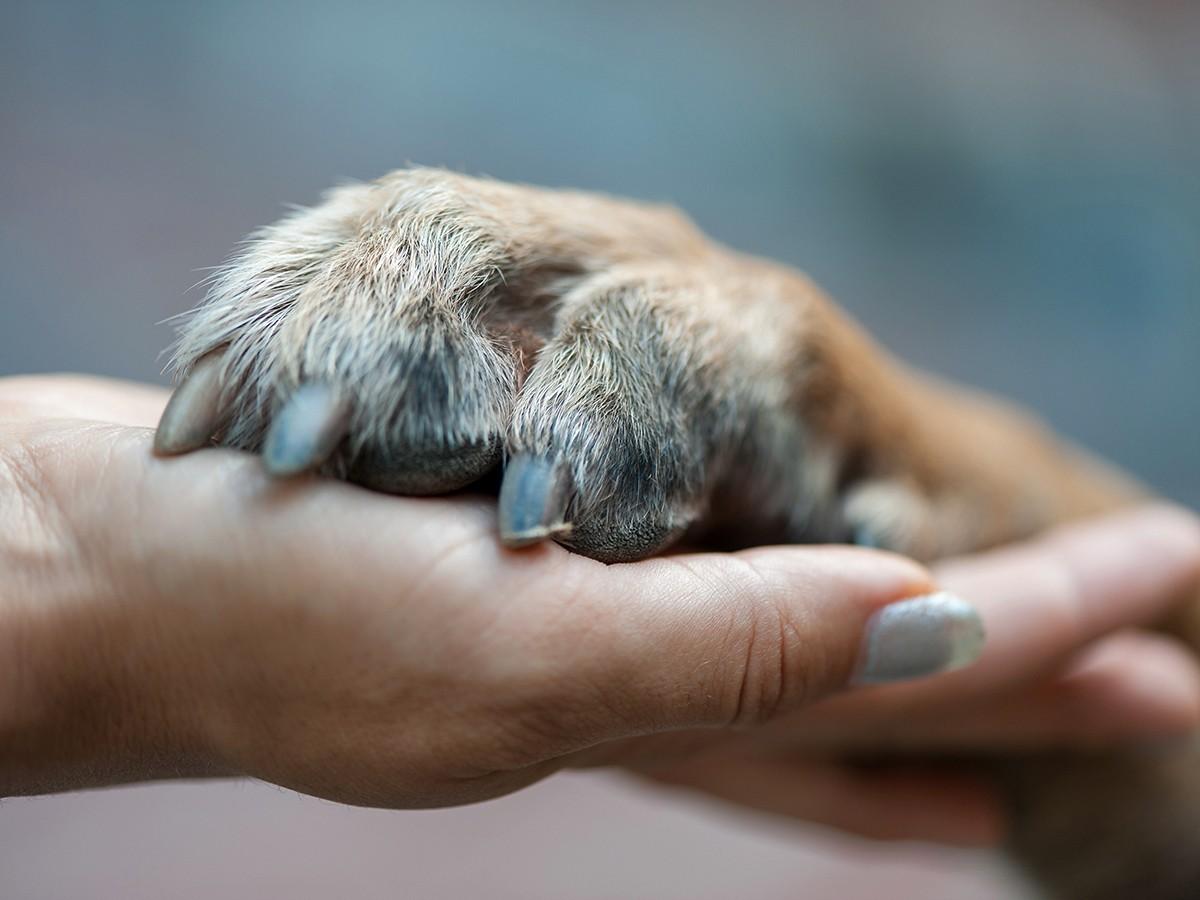Pet euthanasia is a difficult decision that many pet parents have to face when their beloved companions are suffering from terminal illnesses, experiencing severe pain, or an unmanageable poor quality of life. While euthanasia is often seen as a compassionate choice to end a pet's suffering, it is essential to consider the role of palliative care in enhancing end-of-life comfort for pets. Palliative care focuses on providing relief from pain and other distressing symptoms, improving the quality of life for both pets and their families during the final stages of illness without an eye to curing disease. Palliative care in pet euthanasia can contribute to ensuring a peaceful and comfortable end-of-life experience for our beloved companion animals.
Understanding Palliative Care:
Palliative care aims to alleviate pain, manage symptoms, and improve the overall well-being of patients with serious illnesses. It focuses on providing physical, emotional, and psychological support to individuals nearing the end of their lives. In the context of pet euthanasia, palliative care plays a crucial role in ensuring that pets experience minimal discomfort and distress during their final days. Palliative care does not aim to cure or overcome disease, but rather to ease the side effects of the disease process.
Benefits of Palliative Care in Pet Euthanasia:
1. Pain Management:
One of the primary goals of palliative care is to manage pain effectively. Pets suffering from terminal illnesses often experience significant pain, which can greatly impact their quality of life. By implementing palliative care techniques such as medication management, physical therapy, acupuncture, or massage therapy, veterinarians can help alleviate pain and provide comfort to pets in their final stages.
2. Emotional Support:
Pets are not just animals; they are cherished members of our families. The decision to euthanize a pet can be emotionally challenging for pet parents. Palliative care professionals offer emotional support and counseling services to help pet parents cope with grief, guilt, and
anticipatory loss. By addressing the emotional needs of both pets and their people, palliative care can facilitate a more peaceful transition for everyone involved.
3. Maintaining Quality of Life:
Palliative care focuses on maintaining the best possible quality of life for pets during their final days. This includes ensuring proper nutrition, hydration, hygiene, mobility, and the alleviation of nausea and anxiety, when present. Palliative care professionals work closely with pet parents to develop personalized care plans that address the specific needs of each pet. By providing individualized attention and support, palliative care can enhance the overall well-being of pets and help them maintain their dignity until the end.
The Role of Palliative Care in Pet Euthanasia:
While euthanasia is often seen as the final act of compassion for terminally ill pets, it is essential to recognize that palliative care can complement this process by ensuring that pets experience minimal pain and distress during their journey’s end. Veterinarians specializing in palliative care can provide comprehensive end-of-life care that includes pain management, emotional support, and maintaining quality of life.
By incorporating palliative care into the euthanasia process, pet parents can have peace of mind knowing that they have done everything possible to ensure their pet's comfort and well-being for as long as possible. This approach generally allows for a longer, more compassionate, and dignified end-of-life experience for our beloved companions.
Palliative care plays a vital role in enhancing the end-of-life comfort for pets undergoing euthanasia. By focusing on pain management, emotional support, and maintaining quality of life, palliative care veterinary professionals can contribute to a more peaceful transition for both pets and their families. I encourage pet parents to consider if palliative care could be an important part of their pet’s journey.
–By Dr. Bethany Hsia, Co-founder of CodaPet
